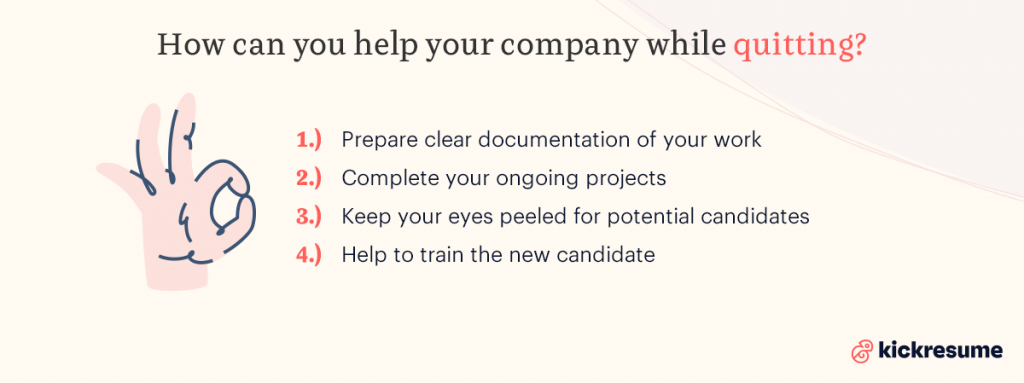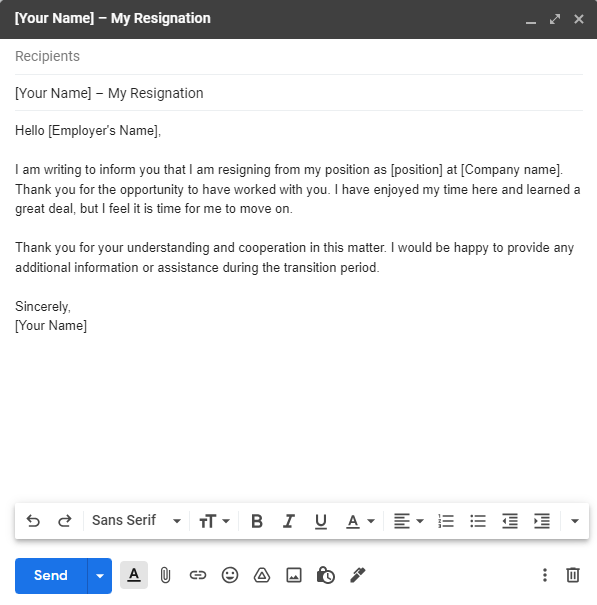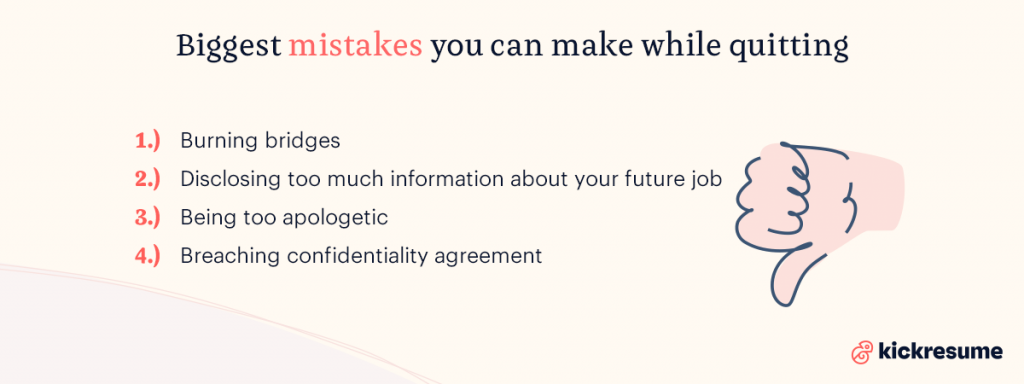How To Tell Your Manager You're Quitting

The moment arrives in nearly every career: the difficult conversation of informing your manager you're leaving. Navigating this transition gracefully is crucial, impacting your professional reputation and potentially future opportunities. Knowing how to deliver the news effectively can make a significant difference.
Successfully resigning involves a strategic approach encompassing timing, delivery, and documentation. This article provides a comprehensive guide to navigating this sensitive process, drawing upon expert advice and best practices. The goal is to empower individuals with the knowledge to resign professionally, leaving on a positive note and preserving valuable relationships.
Preparing for the Conversation
Before uttering a single word to your manager, meticulous preparation is paramount. Reflect on your reasons for leaving and anticipate potential questions. Having clear, concise answers ready can prevent awkwardness and demonstrate your thoughtfulness.
It is crucial to understand your company's resignation policy. Review your employment contract and employee handbook for required notice periods and procedures. Compliance demonstrates professionalism and avoids potential legal issues.
Drafting your resignation letter ahead of time provides a valuable framework for the conversation. Keep it brief, professional, and focused on the essential details: your last day of employment and a statement of resignation. Avoid negativity or lengthy explanations.
Timing and Delivery
Schedule a private, in-person meeting with your manager to deliver the news. This demonstrates respect and allows for a more personal and direct conversation. Avoid delivering the news via email or text unless an in-person meeting is absolutely impossible.
Choose a time when your manager is likely to be less stressed and able to focus on the conversation. Mondays and Fridays, or days leading up to major deadlines, are generally not ideal. Mid-week mornings are often a good option.
During the meeting, be direct and professional. Start by stating your intention to resign, followed by your last day of employment. Maintain a calm and respectful demeanor throughout the conversation.
Navigating the Conversation
Be prepared for your manager's reaction, which could range from disappointment to understanding. Regardless, remain composed and avoid getting drawn into arguments or lengthy justifications. Stick to your pre-prepared key points.
Express gratitude for the opportunities and experiences you gained during your employment. Even if your overall experience wasn't perfect, acknowledging the positives demonstrates maturity and professionalism. Avoid burning bridges.
Be prepared to discuss your transition plan and how you can assist with the handover of your responsibilities. Offering to help train your replacement or document your processes can significantly ease the transition for your team. A smooth handover shows commitment to the company's success, even as you depart.
The Resignation Letter: Formalizing Your Departure
After the initial conversation, promptly submit your formal resignation letter. This serves as official documentation of your departure and confirms your agreed-upon last day of employment. Keep a copy of the letter for your records.
Your resignation letter should reiterate the key details discussed during the meeting. Include your resignation date, your last day of employment, and a brief expression of gratitude. Keep the tone positive and professional.
While brevity is important, consider offering to assist with the transition in the letter. This reinforces your commitment to a smooth handover and leaves a positive final impression. This small gesture of goodwill can go a long way.
Handling the Aftermath
Following your resignation, maintain a professional attitude and fulfill your remaining responsibilities to the best of your ability. Avoid slacking off or engaging in negative behavior, as this could damage your reputation. Focus on completing projects and documenting your work thoroughly.
Be mindful of your colleagues and avoid gossiping or complaining about the company or your manager. Maintain a positive and supportive environment for those who are staying. Your final impression is just as important as your first.
As you prepare to leave, update your LinkedIn profile and inform your network of your career move. Be sure to thank your colleagues and mentors for their support and guidance. Cultivate and nurture these relationships even after you depart.
Legal and Ethical Considerations
Consult with an attorney if you have any concerns about restrictive covenants, such as non-compete or non-disclosure agreements. Understanding your legal obligations is essential to avoid potential disputes. This is especially important in competitive industries.
Ensure you return all company property, including laptops, phones, and access badges, before your departure. Failure to do so could result in legal or financial repercussions. Completing this task promptly shows respect for company assets.
Refrain from deleting or taking any confidential company information. This is not only unethical but also potentially illegal. Protecting your former employer's intellectual property is a fundamental principle of professional conduct.
Moving Forward: Building on Your Experience
Resigning gracefully is a skill that benefits you throughout your career. By following these guidelines, you can navigate this challenging process with confidence and professionalism. The ability to maintain positive relationships even during transitions is a valuable asset.
Leaving a job doesn't have to be a negative experience. By focusing on your goals, communicating effectively, and remaining professional, you can pave the way for a successful future. Remember that your reputation is paramount.
The lessons learned during this transition will serve you well in future career moves. Embrace the opportunity to grow and develop as a professional, continually refining your communication and interpersonal skills. This ongoing process of self-improvement is essential for long-term success.




:max_bytes(150000):strip_icc()/how-to-tell-your-boss-you-re-quitting-your-job-2063035_FINAL-5b88037cc9e77c002cc6f46c.png)













